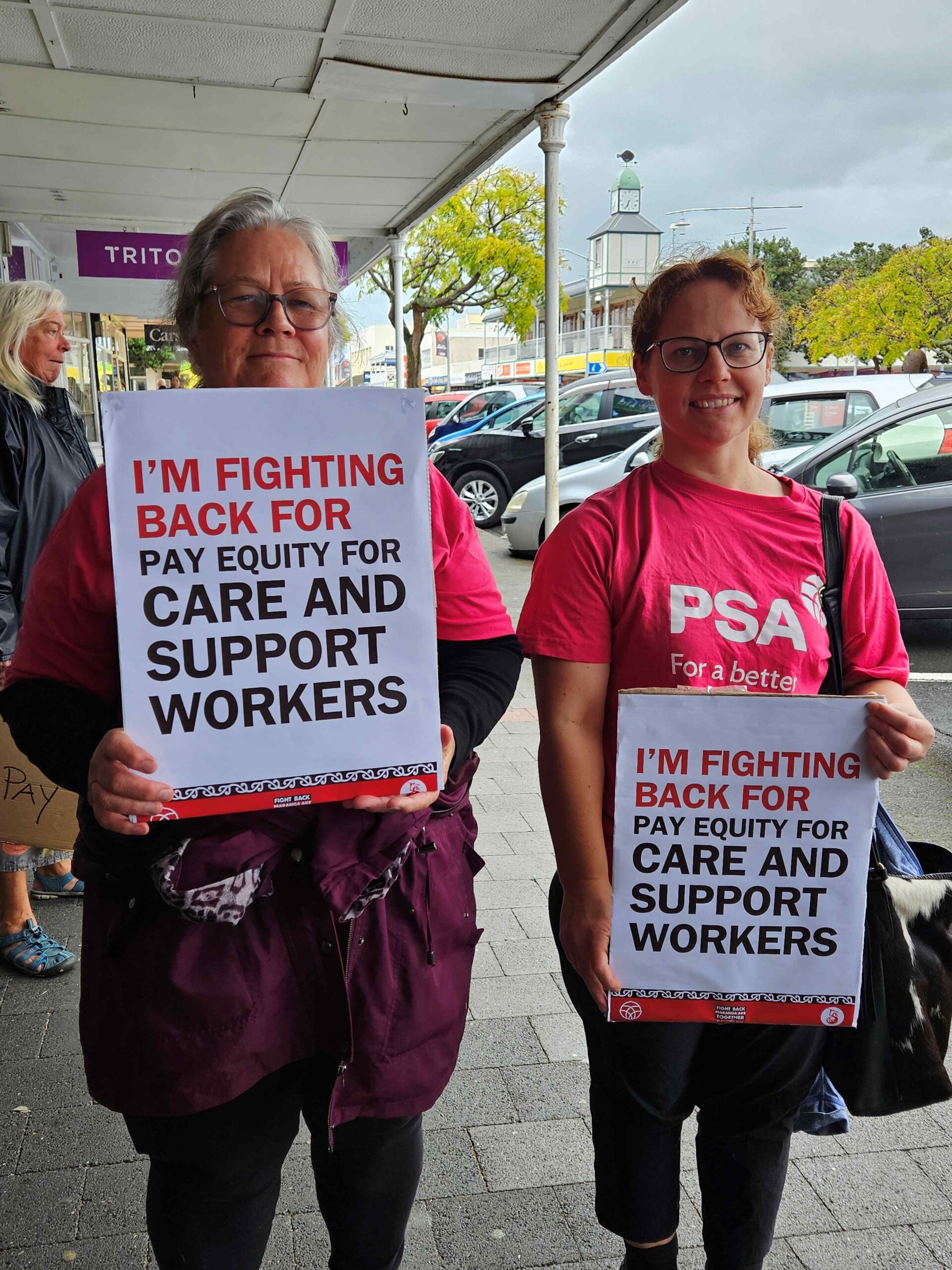A public meeting in Thames on August 24 aims to help people understand amendments made to the Equal Pay Act in May and how it has affected pay equity and other workers’ rights, organisers say.
The meeting will also act as a precursor to a public oral submissions session by the People’s Select Committee on Pay Equity in September.
August’s public meeting will feature Labour Party spokesperson on workplace relations and safety Jan Tinetti as guest speaker, along with Jocelyn Pratt, an organiser with the Public Service Association (PSA) union.
Jocelyn said the meeting was in response to the Equal Pay Amendment Act, which was passed under urgency by central government on May 6.
“Women were outraged, and also what we saw at that time was a lot of confusion and mixed messaging about what the changes are and what the impact would be,” she said.
Beryl Riley, chair of the Coromandel branch of the Labour Party, said the meeting will get into the details of what the changes actually are and how they will affect workers, particularly women.
“The whole question of what is pay equity? Because some people get a bit confused about the process, what [it means].
“So time will be spent with our speakers, explaining that,” Beryl said.
The amended Act saw 33 pay equity claims scrapped, in what the PSA called “a constitutional overreach” and an “attack on women”. The legal claims, from mostly female-dominated professions, were put forward by unions or employees who believed their remuneration had been suppressed due to gender-based discrimination.
As the act was passed under urgency, it also bypassed the standard select committee process.
“Normally when we have this kind of significant change to legislation, there will be a consultation process, there will be submissions, there will be a select committee that should consider all submissions,” Jocelyn said.
“Never before have we seen this kind of change that has an impact on so many workers in New Zealand and women workers and low-paid workers – an under secrecy, kind of in the darkness of a significant change that has long-term and short-term impact on the ability for women to earn reasonable wages.”
September’s public submissions session will be run by the People’s Select Committee, a group of 10 former women MPs who are collecting submissions from the public on the changes to the Act. The group, convened by former National MP Dame Marilyn Waring, has already collected public submissions and will be holding oral hearings across the country.
The People’s Select Committee is not sanctioned by the government, but will be compiling a report to present to Parliament.
“They’re doing the job of what the government should have done,” Jocelyn said.
DETAILS: Public meeting on pay equity, August 24, 1-3pm, Te Kura o Te Kauaeranga | Thames South School. People’s Select Committee oral submissions hearing, September 10, 9am at Kerepēhi Marae. Pōwhiri 3.30pm on September 9.




